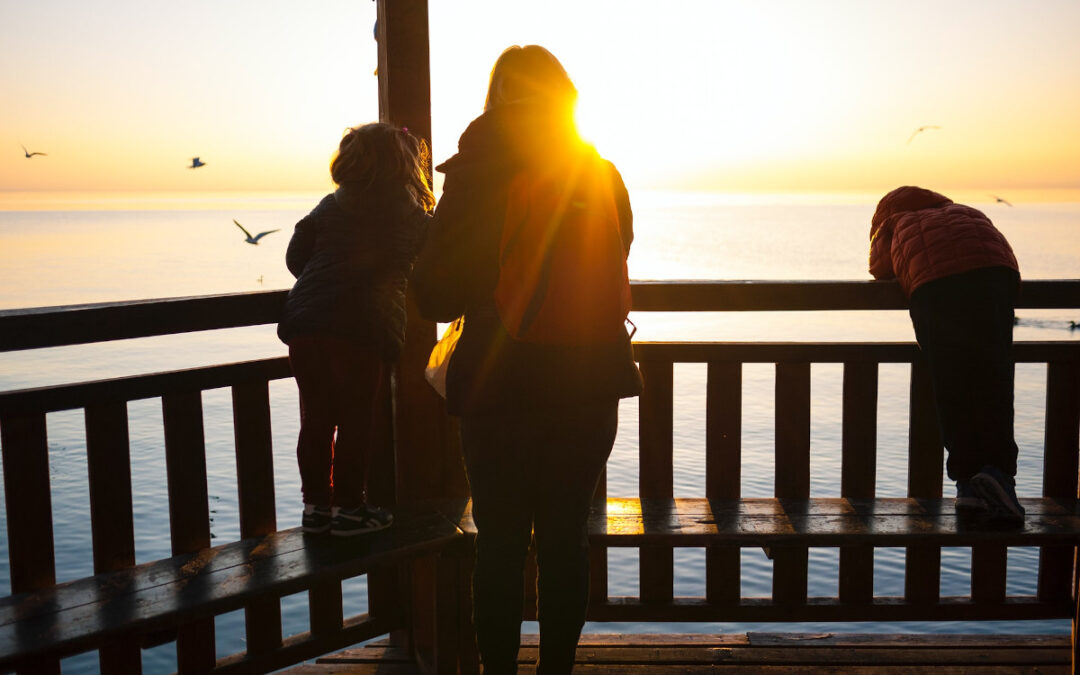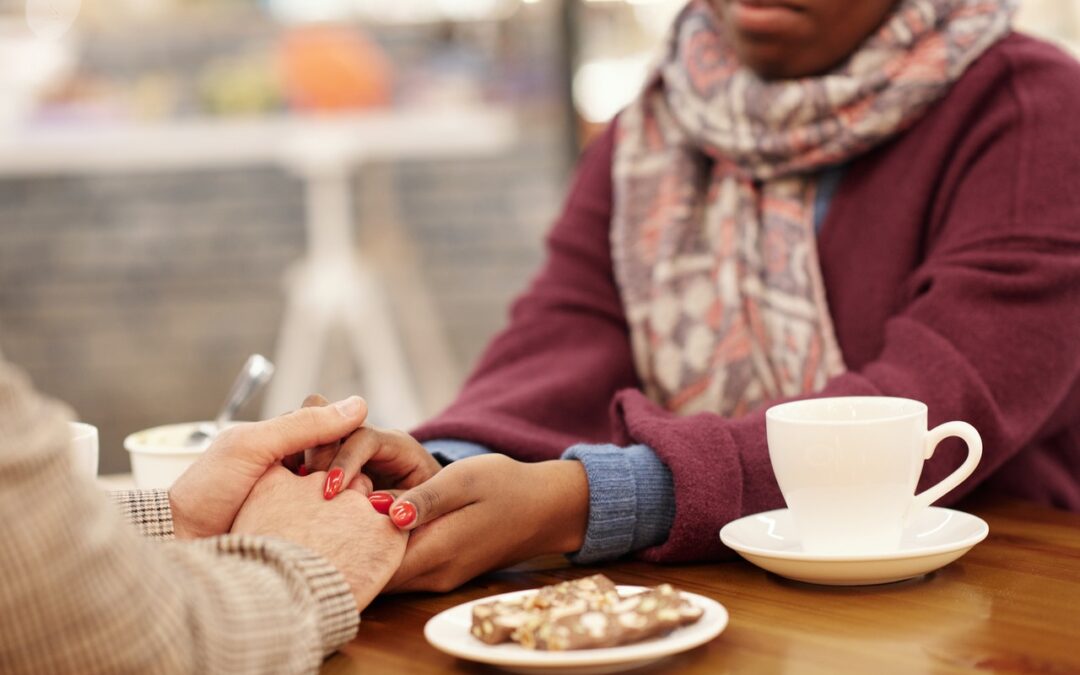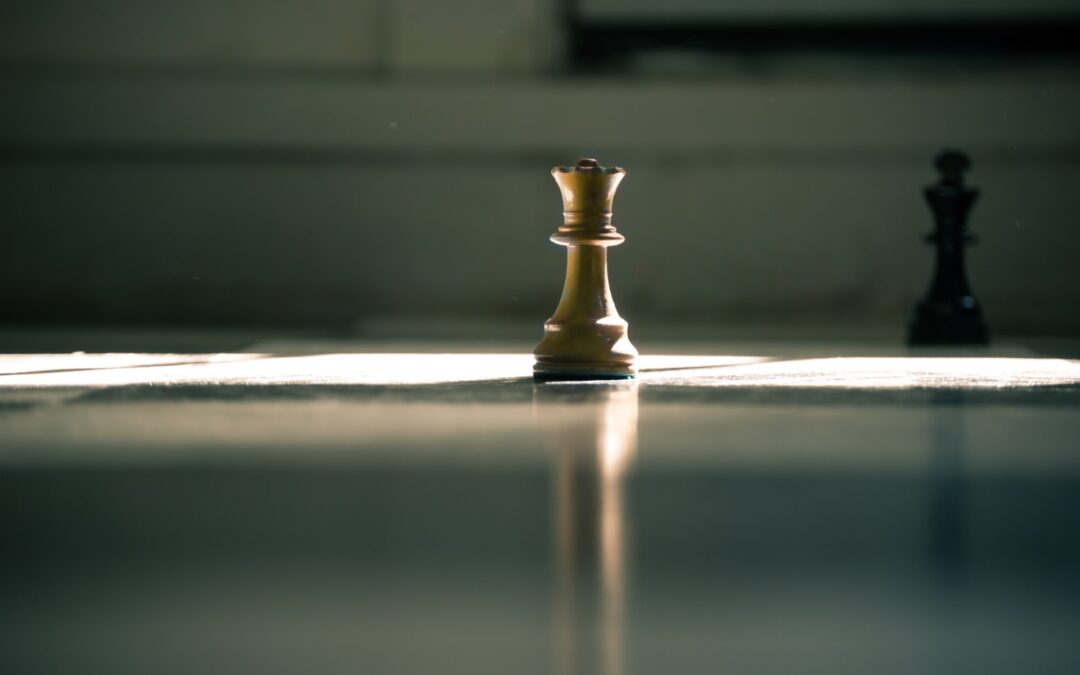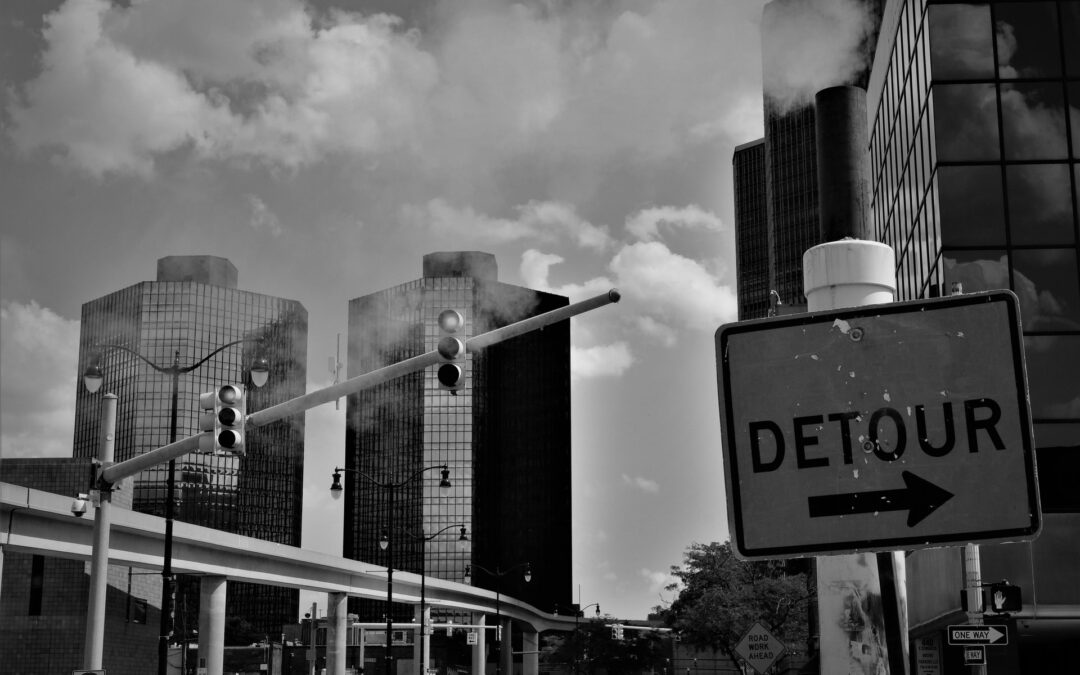
Where’s the Manual for Healing from Grief?
I’ve spent countless hours looking for answers to my questions about grief since the death of my 4-year-old daughter, Margareta. And I’ve found endless books, websites, and articles that talk about everything I could possibly want to know about grief.
That is, I found everything except for the best way to heal my grief.
Grief is universal. No matter the cause – for there are many causes of grief other than the loss of a loved one – there are very common reactions to it. I’ve met many grieving people in person and online since Margareta’s death. They all describe the same or similar emotional reactions, physical symptoms, or behaviors in the face of grief. You would think with such commonality between people in their reactions to grief, there would also be the same amount of shared ways people heal. But from my perspective, it doesn’t appear that’s true.
Oh sure, there are plenty of resources that offer suggestions of ways to ease the pain of grief. I’ve certainly written a lot about the various ways I have found some relief from my devastating pain over the years. But unlike the common, universal emotional reactions to grief, healing from grief is a very personal matter.
And because healing from grief is so individual and unique, there can never be a manual for it.
Now I’m not saying I don’t think there are similar actions people can take to help them heal from the overwhelming pain of grief. Certainly the ways I’ve found some solace in my journey of grief seem to resonate with others who find themselves on this same sad journey.
The problem, as I see it, lies with the very definition of “healing.” I’ve found that what healing means to me is often very different to what healing looks or feels like for others.
What exactly is it to “be healed” from grief?
Is it the absence of pain? Or the ability to “move on” and assimilate back to your definition of a “normal” life? Maybe it’s the ability to find happiness and joy once again. Perhaps it’s to find meaning and purpose after the devastation of grief? It could be all of the above, or it could be none of the above. It depends entirely on the circumstance of what caused the grief in the first place, and the individual experience of the person suffering from it.
For example, someone who is experiencing profound grief over the loss of a relationship will have a different measure of healing than someone who lost a loved one to death. And even within the same general category of circumstance – such as two people whose loved ones died – there are bound to be differences in their definitions of healing.
A person who lost an elderly parent may have a different healing path than someone who’s lost a child. And even a person who’s lost an adult child may have a different definition of healing than someone who lost a young child or suffered a miscarriage. What about the type of death, such as a long battle with a terminal illness vs. a sudden tragedy with no chance to say goodbye? Does our gender, age, or personality type come into play as well? I think it all matters in our definitions of healing.
So what are we to do in our search for healing? Are we just left to our own devices to figure out what it means to us and how we go about achieving it?
Maybe. But chances are, once you’ve identified what healing means to you, there are plenty of resources you can find to shed some light on how others have achieved what it is you’re after. Hearing personal stories from others on the same path is often a powerful tool.
You may find – as in my case – that your definition of healing will change over time. Once you’ve achieved one milestone of healing, you’re likely to uncover a new personal goal. For example, after I was finally able to allow happiness and joy back into my life, I chose to focus on learning what living a life of purpose in the shadow of my daughter’s death meant to me. While I have some direction, I’m still working on figuring out exactly what that means. And it’s likely that once I am able to live a life of purpose, I’ll have a new definition of healing to work towards in the years to come.
I think it’s also important to mention that some of our definitions of healing may never be achievable.
If healing equals the absence of pain over the death of my daughter, I know that I’ll never reach that state of healing. But for me, the acceptance of that reality was somewhat healing in its own right.
Whatever your definition of healing is, I hope you have the support you need to continue down your path in achieving it.






 This website was inspired by the memory of Margareta Sol Kubitz in hopes of helping others work through the pain of grief.
This website was inspired by the memory of Margareta Sol Kubitz in hopes of helping others work through the pain of grief.